- Islamabad
- 21.6°C
- Today ( Tuesday, 22 April 2025)
Quality of Education in Pakistan: Challenges and Opportunities
Pakistan's education system faces numerous challenges, particularly in terms of ensuring quality and equitable access to education for all. Despite significant progress in increasing enrollment rates, the quality of education remains a critical issue that requires urgent attention and comprehensive reform.
One of the primary challenges is the disparity in educational standards between urban and rural areas. While urban centers often have better-equipped schools and qualified teachers, rural areas suffer from inadequate infrastructure, lack of trained educators, and limited access to educational resources. This disparity perpetuates inequalities in learning outcomes and perpetuates the cycle of poverty and underdevelopment.
Furthermore, the prevalence of rote memorization and outdated teaching methods hampers critical thinking, creativity, and problem-solving skills among students. The focus on exam-oriented education neglects holistic development and fails to equip students with the necessary skills for success in the 21st-century workforce.
Additionally, gender disparity remains a significant issue in Pakistan's education system, with girls facing numerous barriers to access and retention in schools. Cultural norms, socio-economic factors, and inadequate facilities contribute to high dropout rates among female students, limiting their opportunities for personal and professional advancement.
Despite these challenges, there are opportunities for meaningful reform and improvement in Pakistan's education system. Investing in teacher training and professional development programs can enhance teaching methodologies, promote student-centered learning, and foster a culture of innovation in schools. Emphasizing early childhood education and literacy initiatives can lay the foundation for lifelong learning and cognitive development.
Moreover, leveraging technology and digital learning platforms can expand access to quality education, particularly in remote and underserved areas. Public-private partnerships, community engagement, and targeted interventions to address gender disparities can create an enabling environment for inclusive and equitable education for all.
In conclusion, addressing the quality of education in Pakistan requires a concerted effort from government authorities, educators, civil society organizations, and the private sector. By prioritizing investments in infrastructure, teacher training, curriculum reform, and inclusive policies, Pakistan can unlock the full potential of its human capital and pave the way for sustainable development and prosperity.
-
As the eagerly awaited February 8 elections approach, the Election Commission of Pakistan (ECP) has issued a directive to all political parties, emphasizing the "mandatory" requirement of 5% representation of women candidates on general seats. In an order released on Sunday...
-
In the realm of literature, few names resonate as profoundly as William Shakespeare, the playwright whose timeless dramas have endured centuries and continue to captivate audiences worldwide. His works, a tapestry woven with intricate plots, profound characters, and unparallel...
Get Newsletter
Subscribe to our newsletter to get latest news, popular news and exclusive updates.


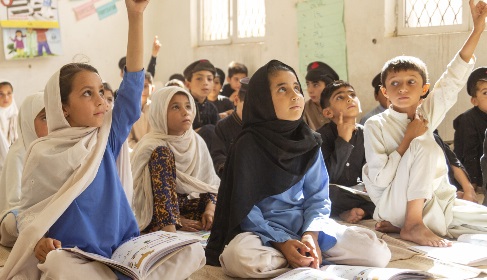



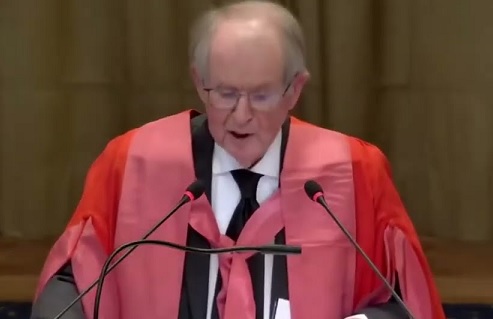
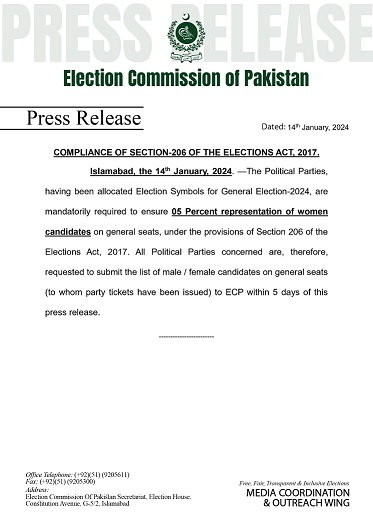


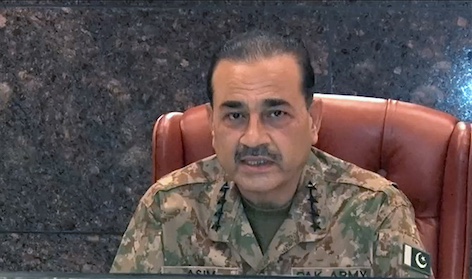
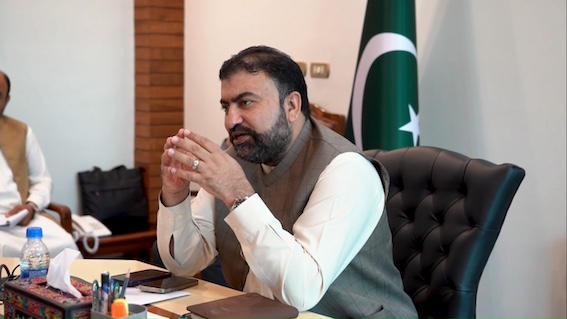
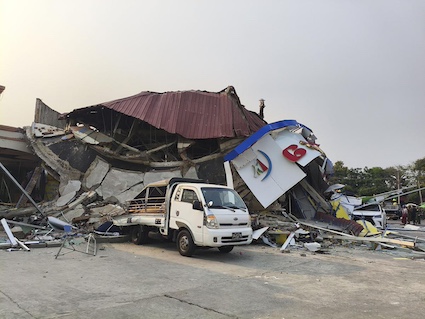




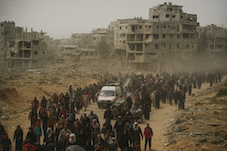




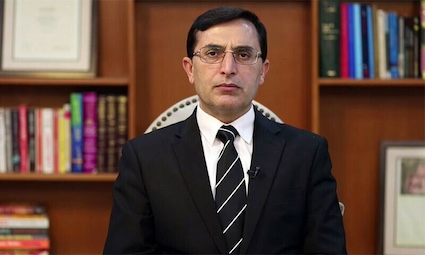



Facebook Comments